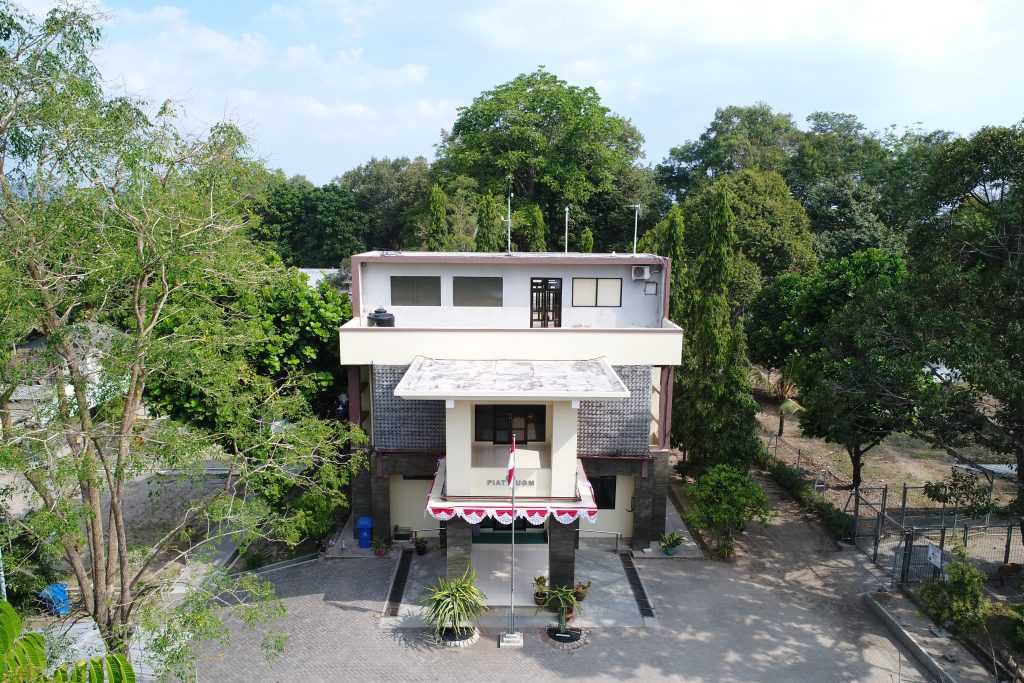
PIAT UGM at Berbah was established in 1975 under the name of the Agricultural Research and Development Education Garden (KP4) with the assistance of The Rockefeller Foundation. This 35-hectare land was built in Berbah Subdistrict. KP4 functions as a garden for education, research, and development with agricultural themes. KP4 began to be established to become alternative land management and prosperity of farmers. In addition, KP4 is also an alternative in launching RPPK (Revitalization of Agriculture, Fisheries, and Forestry). In 1988, KP4 changed its name to Agricultural Education, Research and Experiment. However, the functions and themes used were more or less the same as the previous KP4.
From 1988 to 2004, KP4 was essentially a means of supporting research at UGM which became a learning model and a research tool for students. In 2004, in addition to being a means of learning and research for students, it also became a means of science and technology services for the community, conservation of integrated agriculture, sustainable environmental education, and preservation of the diversity of Indonesian medicine that combines sustainable economic, social, cultural and environmental aspects. The concept of integrating various aspects was continued until 2008 combined with the concept of sustainable development. Also in 2004, KP4 returned to its previous name, Agricultural Education, Research and Development Education until 2014.
In 2015, KP4 was renamed The Center for Agrotechnology Innovation with the Innovation function and the theme of agrotechnology. From 2012 to 2014, the concept was as a supporting tool for Tridharma Perguruan Tinggi, namely as a research facility for students and lecturers. In 2015, after changing its name, PIAT has a basic concept as a center of agricultural innovation based on integrated farming by promoting an economy based on environmentally friendly technology innovation and optimization of energy resources.
PIAT is a field laboratory that is used to carry out educational, research, and community service activities which are tri dharma services based on integrated agriculture.
- The PIAT function is to carry out research education services and community in the field of integrated agricultural innovation that is environmentally friendly.
- Implementing in realizing the development of innovation in the field of agrotechnology to become the center of superior integrated tropical agriculture.
- Coordination of the implementation of innovative technologies that can be directly utilized by the community, government, private sector, and academia in accordance with the university’s flagship research.
